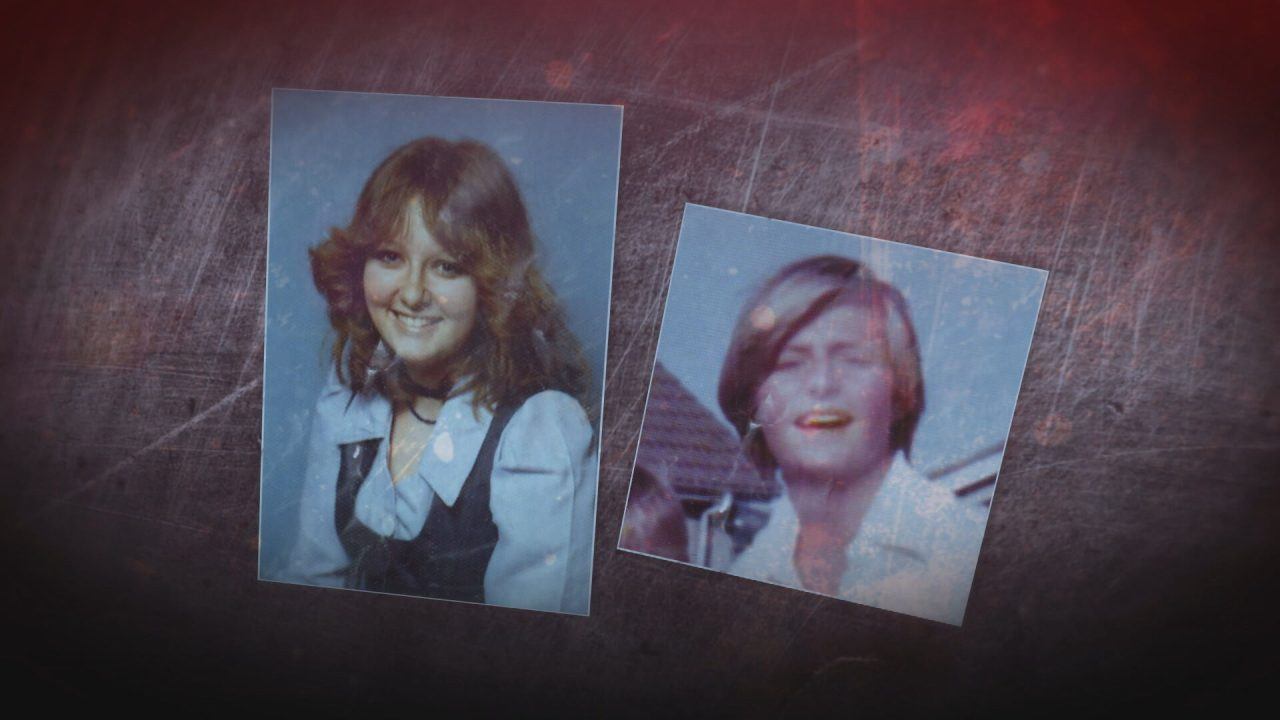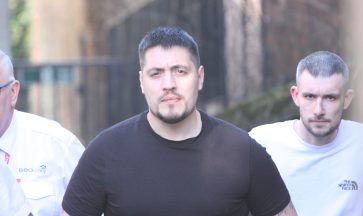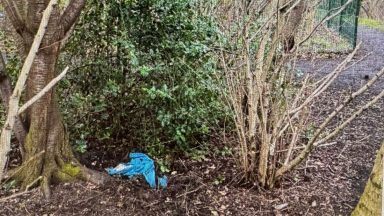Ten years ago today, serial killer and rapist Angus Sinclair was jailed for a minimum of 37 years for the murder of two teenagers in Edinburgh.
It remains the longest minimum sentence ever imposed by a Scottish court
Sinclair raped and murdered teenagers Christine Eadie and Helen Scott in October 1977 after meeting them at the World’s End pub in Edinburgh in a case that gained worldwide notoriety.
He was convicted of four killings and is suspected to be responsible for several more unsolved cases.
It was in 2004 when DNA linked him to the World’s End murders of Scott and Eadie for the first time.
The serial killer and his brother-in-law Gordon Hamilton attacked the girls after they left the pub on Edinburgh’s Royal Mile.
The girls were raped in Sinclair’s caravanette before being taken to East Lothian, where they were tortured, strangled to death, and their bodies dumped.
At his trial at the High Court in Livingston a jury found Sinclair guilty of raping and murdering the two girls.
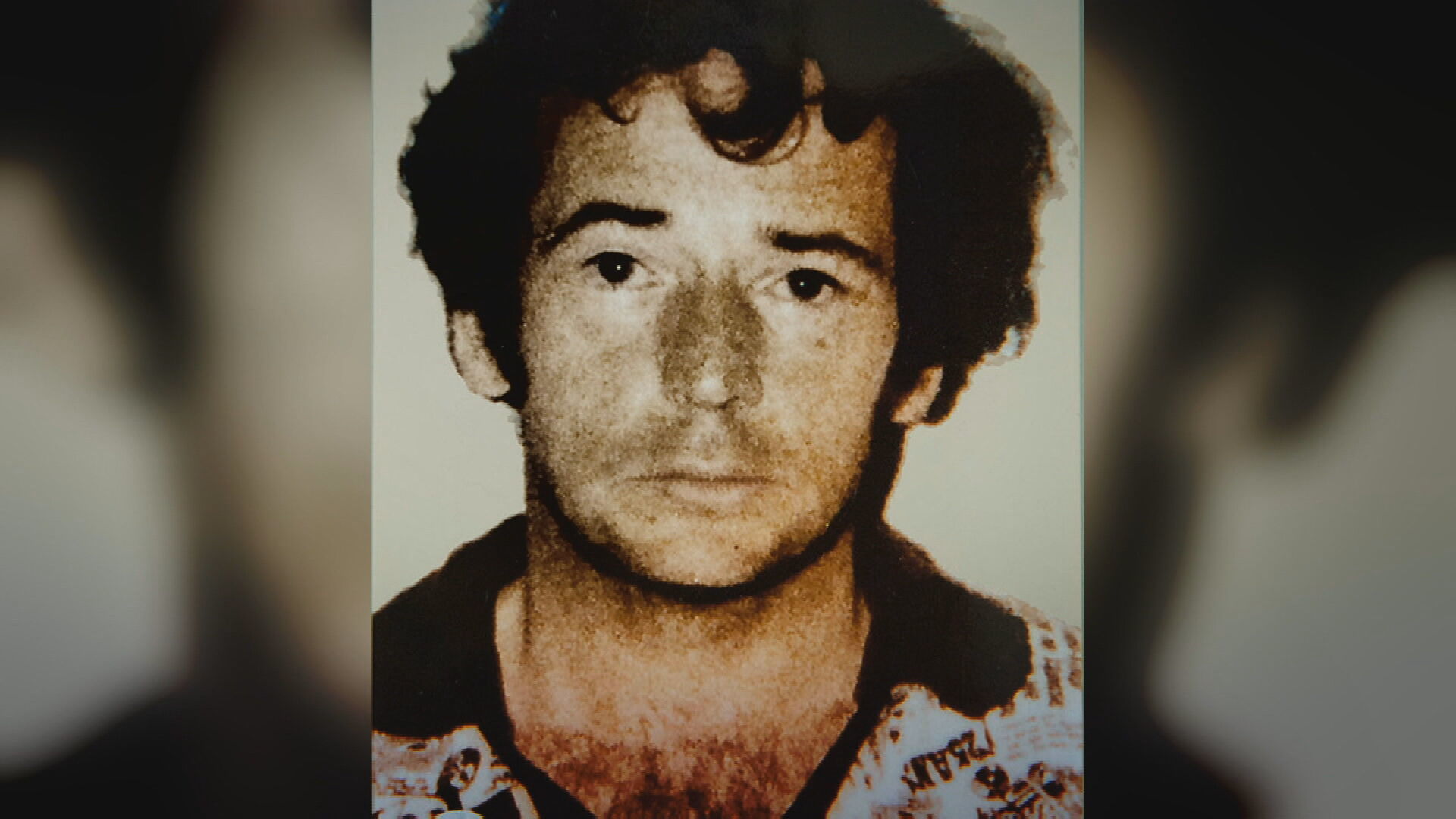 STV News
STV NewsSinclair had claimed his first victim when he was just 16, luring seven-year-old Catherine Reehill into his house in Glasgow before sexually abusing and strangling her.
He then threw her body down the stairs and said her death had been an accident. He pleaded guilty to culpable homicide for the 1961 killing and was sent to prison for ten years.
The judge in this case said Sinclair was “callous, cunning and wicked” and no young girl would be safe with him around.
In 1968, Sinclair was freed and put under supervision for three years. He moved to Edinburgh, where he met his wife Sarah. They married in 1970 before the family moved back to Glasgow.
While he seemed to settle down into family life, in reality, Sinclair started a killing spree in 1977, targeting young women.
All three women – Anna Kenny, Matilda McAuley and Agnes Cooney – had been abducted and killed after nights out in the Glasgow area. The murders all remain unsolved to this day.
In 1982, a series of sex attacks was carried out on young girls in the Govan area of Glasgow.
They would be asked to deliver a message to a tenement before their attacker followed them into the close and sexually assaulted them.
Sinclair was brought in for questioning by Detective Inspector Joe Jackson, who has now retired.
The police officer was convinced Sinclair had carried out more crimes but could not prove it.
Mr Jackson, who only managed to get Sinclair to admit to his crimes with the help of his wife, Sarah, believes catching Sinclair in 1982 prevented him from carrying out more crimes.
Sinclair was jailed for life in 1982 for the attacks on 11 victims aged between three and 14. The judge recommended he should never be released.
Although he was in prison for life, it was not until DNA testing developed that Sinclair’s murders caught up with him.
He was about to apply for parole when police reopened the case of Mary Gallacher and got a DNA match with Sinclair.
The 17-year-old had been sexually assaulted and had her throat cut before her body was dumped on waste ground near a train station in Springburn, Glasgow, in 1978.
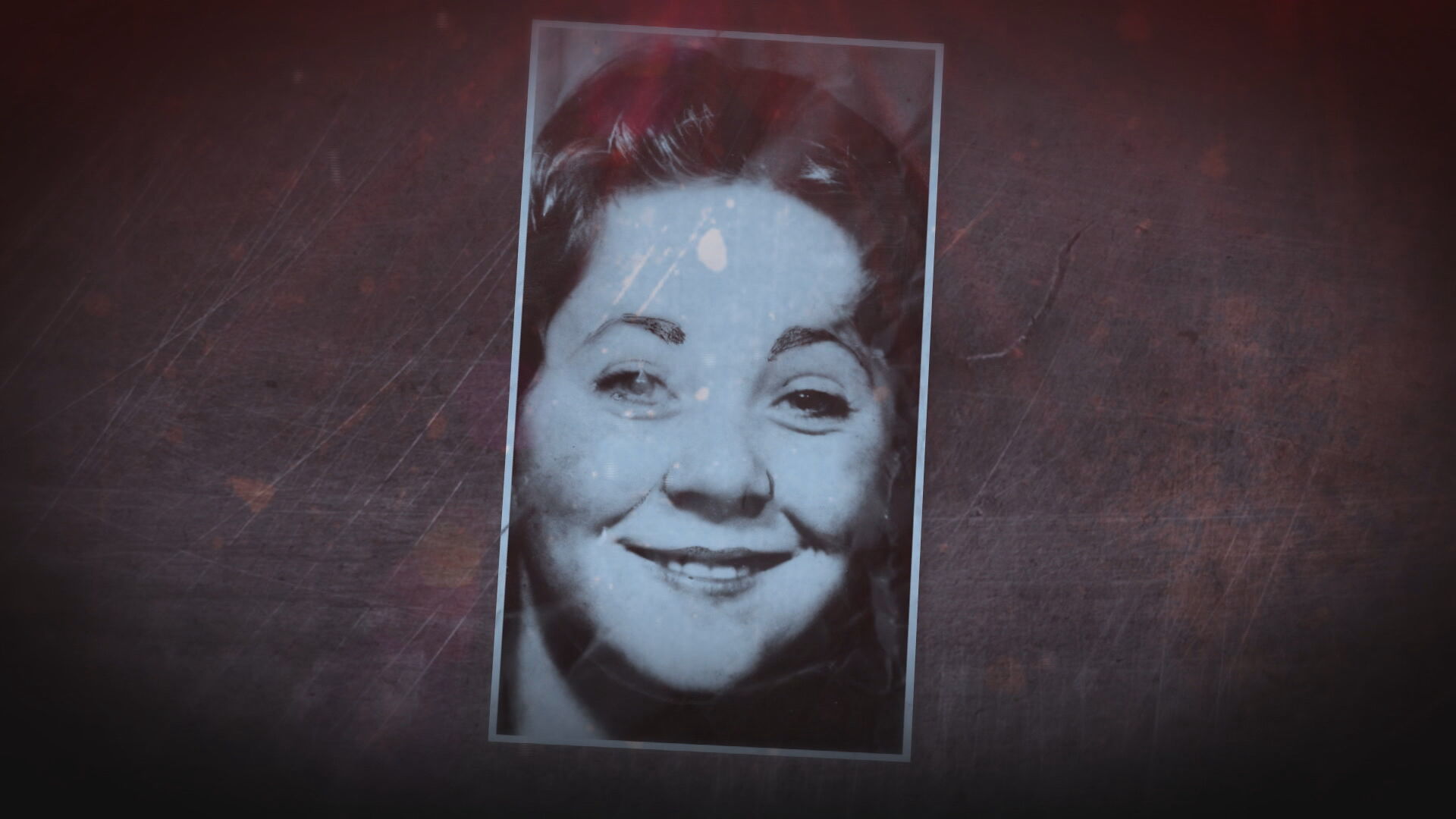 STV News
STV NewsIn 2001, Sinclair was given his second life sentence for her murder. Several years later, DNA linked him to the World’s End murders.
Sinclair was sentenced to life in prison in 2014 and ordered to serve a minimum of 37 years, the longest sentence ever handed down in Scotland.
The 73-year-old was found dead in Glenochil prison in Clackmannanshire in March 2019.
Follow STV News on WhatsApp
Scan the QR code on your mobile device for all the latest news from around the country


